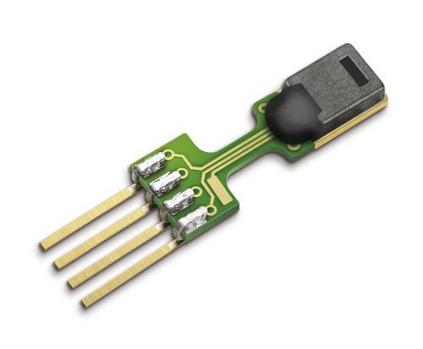In this work, we propose a simultaneous localization and mapping (SLAM) system using a monocular camera and Ultra-wideband (UWB) sensors. Our system, referred to as VRSLAM, is a multi-stage framework that leverages the strengths and compensates for the weaknesses of each sensor. Firstly, we introduce a UWB-aided 7 degree-of-freedom (scale factor, 3D position, and 3D orientation) global alignment module to initialize the visual odometry (VO) system in the world frame defined by the UWB anchors. This module loosely fuses up-to-scale VO and ranging data using either a quadratically constrained quadratic programming (QCQP) or nonlinear least squares (NLS) algorithm based on whether a good initial guess is available. Secondly, we provide an accompanied theoretical analysis that includes the derivation and interpretation of the Fisher Information Matrix (FIM) and its determinant. Thirdly, we present UWBaided bundle adjustment (UBA) and UWB-aided pose graph optimization (UPGO) modules to improve short-term odometry accuracy, reduce long-term drift as well as correct any alignment and scale errors. Extensive simulations and experiments show that our solution outperforms UWB/camera-only and previous approaches, can quickly recover from tracking failure without relying on visual relocalization, and can effortlessly obtain a global map even if there are no loop closures.
翻译:在这项工作中,我们提出了一种使用单目相机和超宽带(UWB)传感器的同步定位和地图构建(SLAM)系统。我们的系统被称为VR-SLAM,是一个多阶段框架,利用每个传感器的优点并弥补它们的缺点。首先,我们引入了一种基于UWB锚点定义的UWB辅助7自由度(比例因子,3D位置和3D方向)的全局对齐模块来初始化以地球坐标系下VO系统。该模块松散融合了视觉里程计(VO)和测距数据的比例因子,并根据是否有好的初始猜测,使用基于二次约束二次规划(QCQP)或非线性最小二乘(NLS)算法。其次,我们提供了相应的理论分析,包括Fisher信息矩阵(FIM)及其行列式的导出和解释。第三,我们展示了UWB辅助的平差(UBA)和UWB辅助的姿态图优化(UPGO)模块,以提高短期观测的准确性,减少长期漂移以及纠正任何对齐和比例误差。广泛的模拟和实验表明,我们的解决方案优于仅使用UWB或相机的先前方法,可以快速从跟踪失败中恢复而无需依赖于视觉重定位,即使没有环路闭合也可以轻松地获取全局地图。



